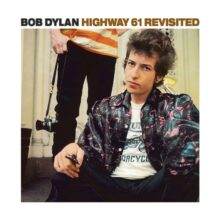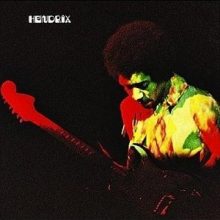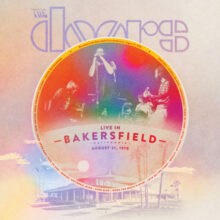Over the course of nearly six decades, Jethro Tull has journeyed through an ever-shifting soundscape, thanks largely to the creative restlessness of frontman Ian Anderson. According to the recent Noise11.com interview (recorded July 24, 2025), Tull has been remarkably prolific in recent years, releasing three studio albums—The Zealot Gene (2022), RökFlöte(2023), and Curious Ruminant (2025)—alongside the expansive box-set Still Living In The Past.
Ian Anderson’s earliest efforts with the John Evan Band were grounded in a “simple Jazz–Blues” foundation, a pragmatic entry into the music scene of late-’60s London. But inspired by groundbreaking albums like Sgt. Pepper’s and Piper at the Gates of Dawn, Anderson soon leaned into more inventive, unconventional territory. This shift gave birth to Jethro Tull’s signature blend of folk, classical, jazz, and blues with progressive rock flourishes. Over time, the band’s ever-changing lineup contributed further to this evolving sonic identity.
The 1971 classic Aqualung introduced darker, socially reflective songwriting and remains a milestone in the band’s catalogue. By 1980, A marked a bold pivot toward electronic rock, favoring synthesizers and contemporary themes like the Cold War, still framed by Anderson’s flute-led signature sound. Later, in 1987’s Crest of a Knave, the band returned to a harder-edged rock sound—an unexpected comeback that even snagged them a Grammy over Metallica.
The recent three albums—The Zealot Gene, RökFlöte, and Curious Ruminant—reveals two consistent threads in Anderson’s songwriting: lyrical depth and philosophical exploration. Central themes span religion, spirituality, the human condition, and philosophical inquiry. Anderson describes Curious Ruminant, the latest album released in 2025, as his most personal record to date. The album’s closing track, “Interim Sleep,” includes a spoken-word segment based on a poem he wrote for someone bereaved. And in the track “Over Jerusalem,” the music takes a conscious turn toward earlier material, echoing the spirit of Thick as a Brick, although Ian hadn’t seemed to notice the musical connection.
Despite continual stylistic shifts, Anderson maintains there’s an inherent continuity in Tull’s musical identity. While newer albums inevitably differ from early ones in tone and arrangement, the band’s DNA, anchored in Anderson’s creative core and flute-driven storytelling remains intact.
Watch the Noise11.com interview with Ian Anderson of Jethro Tull:
Stay updated with your free Noise11.com daily music news email alert. Subscribe to Noise11 Music News here
Be the first to see NOISE11.com’s newest interviews and special features on YOUTUBE and updated regularly. See things first SUBSCRIBE here: Noise11 on YouTube SUBSCRIBE
Noise11.com
Follow us at https://bsky.app/profile/noise11.bsky.social
Noise11 on Instagram
Comment on the news of the day, join Noise11 on Facebook


















